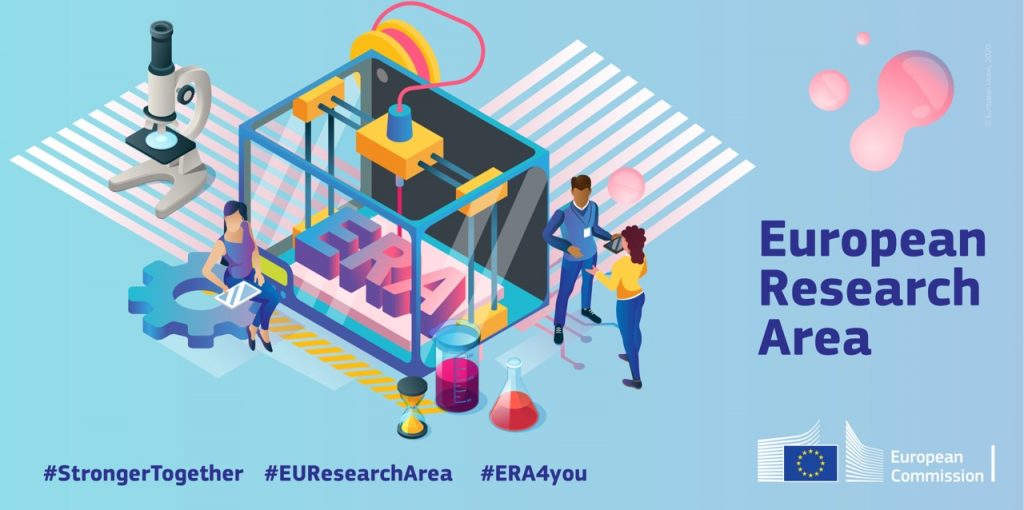The conclusions call for the development of an internal market for research that offers improved framework conditions for research careers, both in the academia and beyond.
The improvement of researchers’ careers has been a top priority for the Portuguese Presidency. The pandemic further highlighted that this is very much needed in order to preserve and promote a resilient and competitive Europe. These conclusions mark a first step towards making research careers across Europe more attractive and sustainable and allowing brain circulation to become a reality.
Manuel Heitor, Portuguese Minister for Science and Technology and Higher Education
With these conclusions, the Council calls for mechanisms to support career development and counselling services for researchers in order to address the increasing trend towards precariousness of employment in academia, loss of talent and reduction of job security in many countries.
Stressing the importance of attracting and retaining talent in Europe, the Council considers important to facilitate interoperability and comparability among research careers through the development of a European framework for research careers. It highlights the importance of fostering intersectoral mobility to provide further opportunities for employment and career development, especially for young researchers.
Moreover, the conclusions propose to reinforce the synergies with the European Higher Education Area, considering that European University Alliances are the most suitable platforms to test possible models for joint recruitment schemes, training and career development at transnational level.
The Council encourages all relevant public authorities and private institutions, academia and business sectors to provide the means to improve skills and lifelong training for researchers, in particular young scientists, and to boost recruitment and facilitate career progression while promoting measures to reduce the precariousness of research careers.
